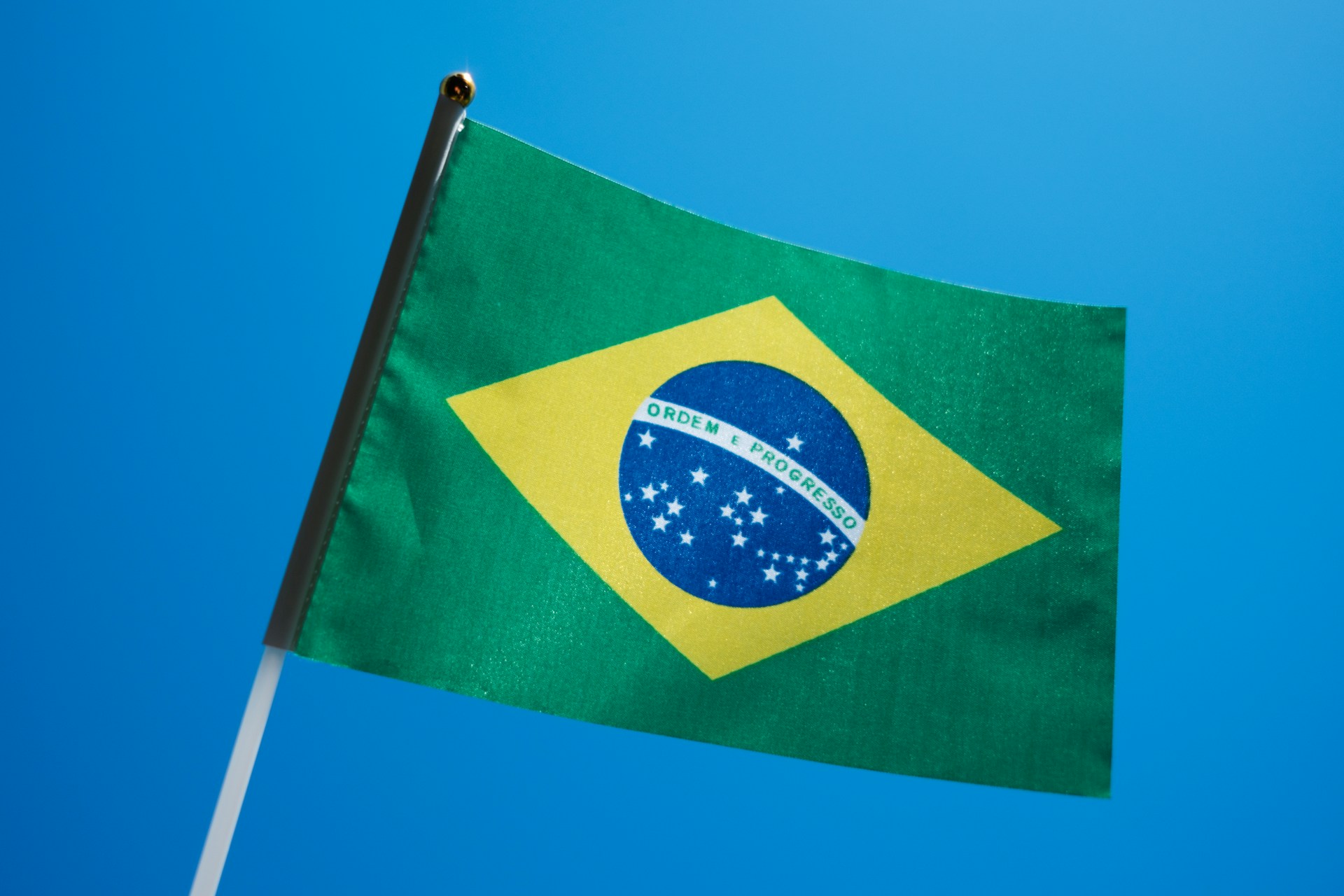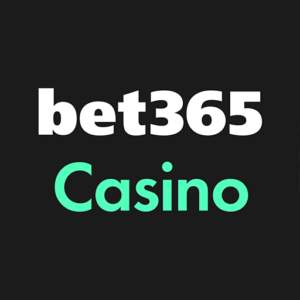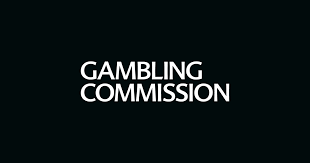The IGaming market continues to expand at a rapid pace, and all of a sudden, many brands in the industry are targeting Brazil. It is not uncommon to tap into new markets, but the shift towards Brazil feels like a takeover.
Just this week, we have seen that Pragmatic Play has acquired a Brazilian sports betting license. We have also seen a trend towards partnering with Brazilian operators to tap what appears to be a thriving market.
All IGaming markets have the potential to grow, provided that betting is legal, licensed, and regulated in the country. Otherwise, you face the prospect of illegal markets growing with offshore options and casinos.
However, the growth of the Brazilian Igaming market in the last year should be studied!
But why are people turning to South America for betting expansion, and what makes this market so attractive?
Brazil Has Become A Betting Hub
Brazil has a population of over 200 million people, and it has a huge betting market. Therefore, since the market has been untapped for so long, betting brands are trying to get in.
Additionally, Brazil has become a betting hub since gambling was legalised in the country, particularly sports betting. Brazilians have an affinity for sports and sporting culture, with football, MMA, and basketball being popular sports. In online sportsbooks, these sports are extremely popular for betting, which means these markets are growing as a result of the Brazilian interest in them.
For betting brands and online casinos, this means they can swoop in to offer customers deals on bets, such as exclusive odds, bet boosts, and the chance to engage with new sports markets.
Regulation Changes In Brazil
The regulatory changes in Brazilian betting have had the largest impact on the growth of Brazil’s iGaming market. Before legalisation and regulation, Brazil had no clear lines of what was legal and illegal when it came to betting. Since betting is a complicated industry, you need specific regulations for online casinos and sports betting to prevent unlawful betting and unregulated sites from operating.
President of Brazil, Michael Temer, legalised gambling and sports betting in December 2018, but the market did not become regulated until December 2023, when Temer passed a law as part of the legislation that says betting companies and players have to pay taxes. Furthermore, in January 2025, other regulatory measures were signed into law, with only licensed and regulated betting companies authorised to operate in Brazil.
For operators, this means they can now run smoothly and legally in line with Brazil’s licensing and regulation rules. For international betting companies, this is attractive because they can try to gain a new customer base in Brazil. Since Brazil has a large population, there is potential to build a new customer base in Brazil and make money while maintaining customer trust.
The Growth Of International Partnerships
One of the reasons why IGaming is significantly growing in Brazil is due to international betting operators. As we said, the fairly new legal market is lucrative for foreign betting brands. To get into this new market, they are partnering with online casino sites and operators in Brazil.
Therefore, expanding into these markets is facilitated by working with local brands, adding to the authenticity of international brands expanding into Brazil. Working with local brands shows cultural trust and interest, and maintains an honest share of the market.
Since Brazil is a goldmine for sports, there is an opportunity for betting brands to become team sponsors. This started almost as soon as sports betting became legal in Brazil. Sociedade Esportiva Palmeiras is a Brazilian team that partnered with betting brand Sportingbet.
Since then, the trend and battle for sponsorships of Brazilian teams has continued, attracting many international brands to the country. Clubs generate revenue from sponsors, while teams gain exposure, as do the betting brands, which bring them to the forefront of Brazil’s sports.
Brazil Is Technology-Savy
Although technology may not be important as to why IGaming is moving to Brazil, it is crucial for its facilitation. In Brazil, mobile phone usage is overwhelmingly common and encouraged due to the country’s large population. Therefore, entertainment like online gambling is available on mobile and optimised for it.
For iGaming, this means there is a huge market for mobile gambling, betting, and casino apps. For operators, this has influenced them to design casino apps or mobile versions of online casinos to ensure smooth and seamless operation, so there is competition in iGaming to become the favourite mobile casino of the nation. Betting convenience is one of the key reasons why operators are choosing Brazil as their next target market.
Alongside the prioritisation of mobile technology, Brazil prioritises digital payments. Although betting with recognised methods is permitted only with approval from the Central Bank, the country has a variety of digital payment options for everyday use.
Cryptocurrency is popular in Brazil for investing and payments, although it is not considered legal tender. However, the adoption of digital payment methods has changed how Brazilians send and store their money online. The country even trialled its own digital currency called Drex, devised by the Brazilian Central Bank.
When it comes to casinos, Brazil has its own instant payment system, Pix, and this presents an opportunity for casinos and operators to crack the market and implement those payment methods without difficulty.
The Future of Brazil’s iGaming Market
The future for the Brazilian iGaming market is brighter than ever. It has the potential to become the biggest betting market in Latin America thanks to new regulations and international partnerships. Neighbouring countries may take the country as an example and try to build their own betting markets, because the market generates incredible revenue for betting companies and the country.
While it is already happening on a small scale, the growth and legalisation of sports betting in Brazil could see betting become intertwined with Brazilian sports like it is in the UK. We may see more white-label sponsorships, particularly in Brazilian football, and with bigger teams.
Beyond that, we are likely to see the cultural influence of Brazil in online betting brands, both domestically and internationally. Trends around sports and entertainment may creep their way onto online platforms that blend the aim of expanding globally with pleasing locals.
Brazil is not a hot new commodity for iGaming; it is a profitable and evolving market. The huge population, combined with a love for sports and technology, allows it to stand out and appeal to betting companies as a country where they can easily bring their operations. What we now wonder is how quickly the market will expand, rather than if it will, because that is inevitable.














